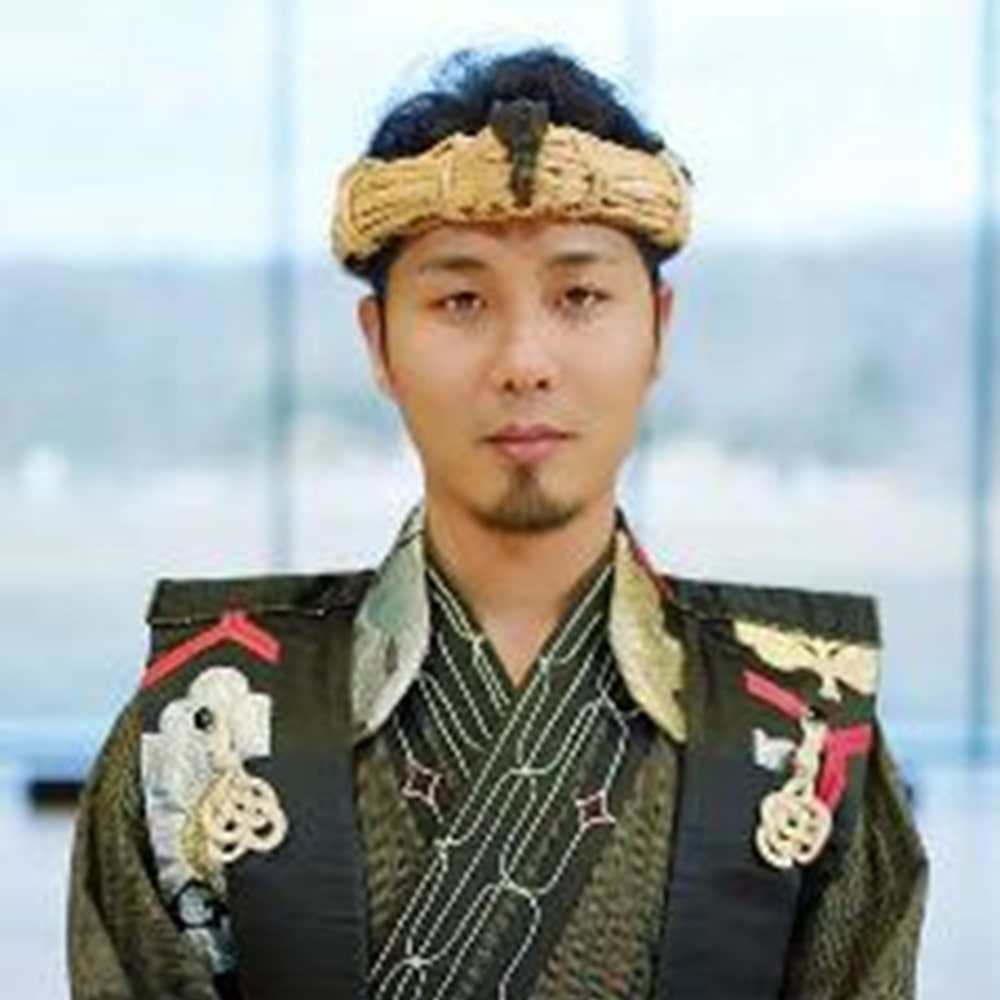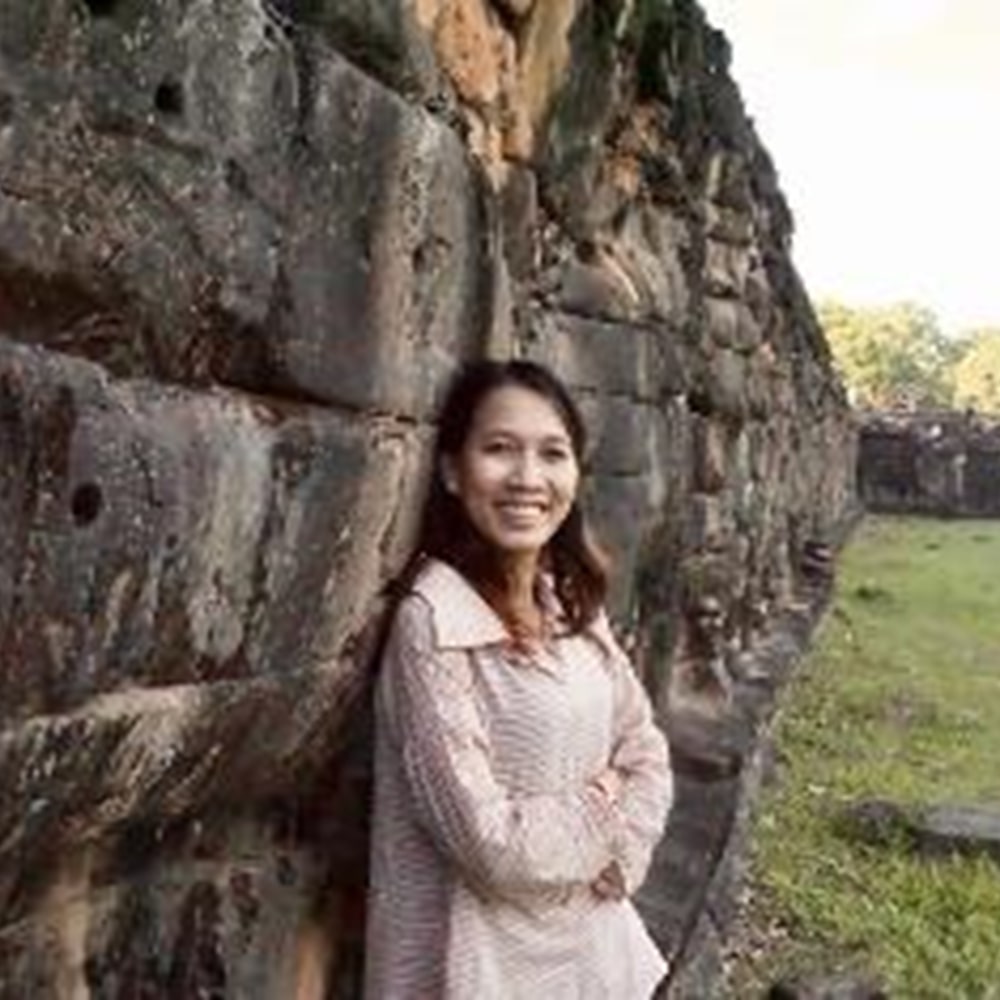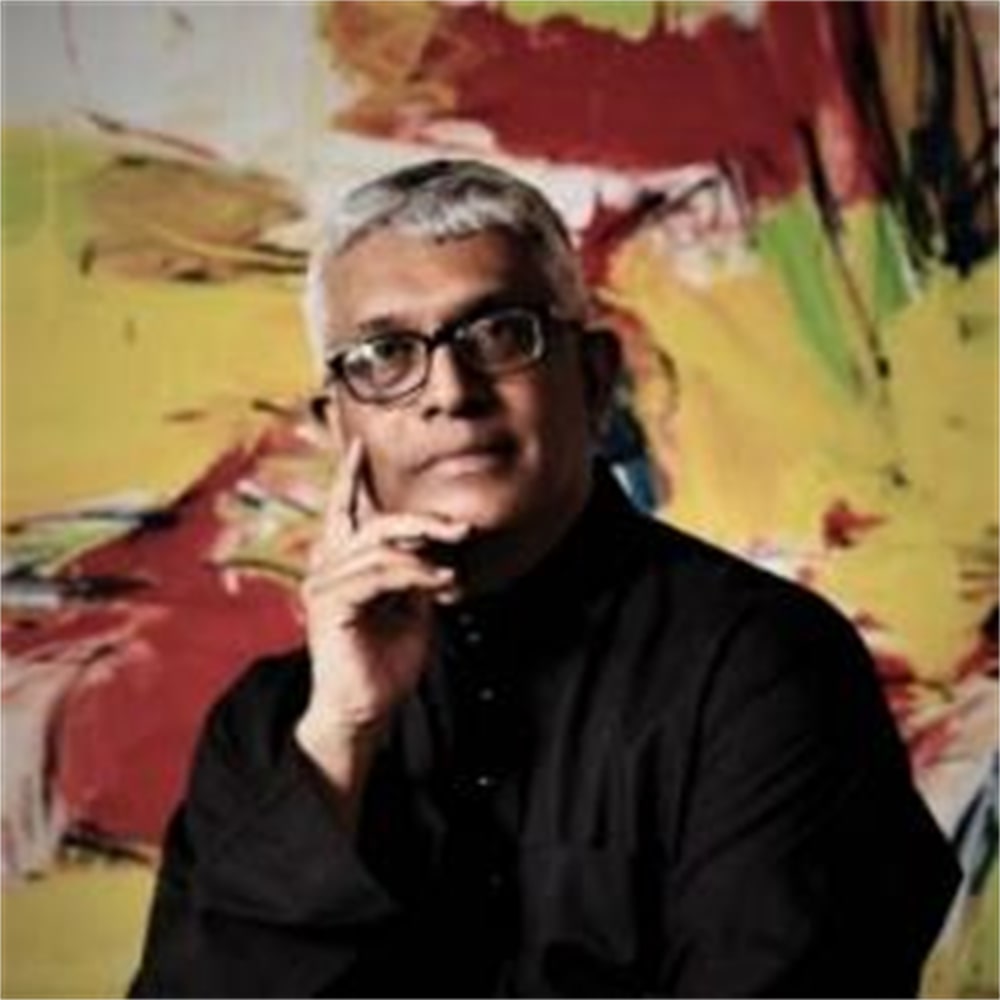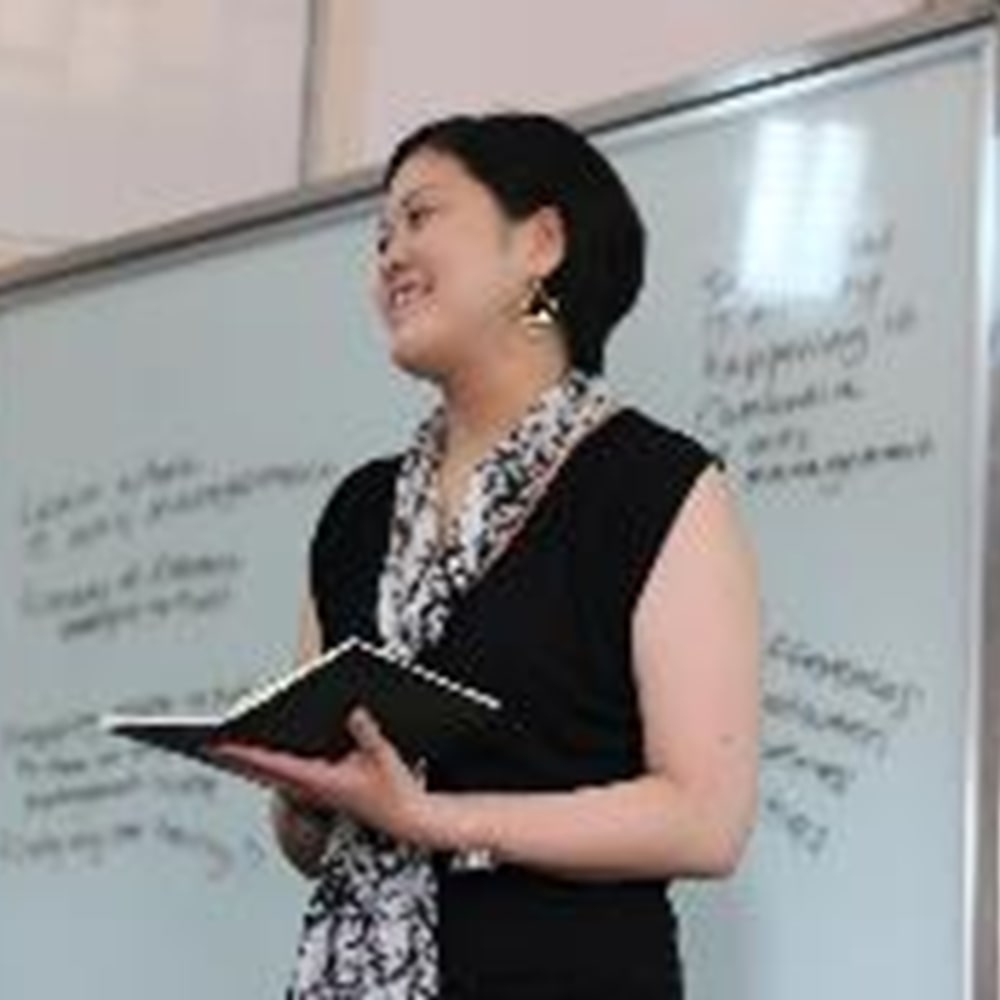Breadcrumbs
ANCER Panel 02
(Re)claiming Identity: Cases of Reviving Traditional Dances in Cambodia, Malaysia and Japan
What does "traditional culture" mean for us? What does it mean to a community that was forced to leave their culture behind, or assimilated into another culture? What does "tradition" mean when your personal identity is different from that of the community you belong to? How should a nation present its culture to the world, when the country itself is so diverse and comprises different cultures and traditions?
This panel will discuss how people reclaimed their traditions amid complex social, cultural situations in their countries / communities, using performing arts in Asia as case studies. Three guests from Cambodia, Malaysia and an indigenous community of Ainu in Japan, will speak of their efforts on reclaiming their own traditional dances. In societies dealing with historical immigration, post-conflict or post-assimilation policy, how did they (re)discover their traditions, (re)learn their techniques and (re)claim their own culture? The panel will re-examine the role of culture in a society with historical complexity and cultural sensitivity.
* This panel is jointly organized by the Asia Pacific Network for Cultural Education and Research (ANCER) and the Japan Association for Cultural Policy Research (JACPR), supported by the Asia Center, the Japan Foundation.
Panelists:

Hibiki Yamamichi (Japan)
Team Leader,Traditional Performing Arts Section,
Upopoy: National Ainu Museum and Park
Born in Nibutani, Biratori-cho, Hokkaido, Hibiki has been involved in Ainu traditional dance since he was a child. He has been working actively as an inheritor of the traditional Ainu culture and has been performing traditional dances at home and abroad. His professional experience includes: an assistant teacher in the "Training Program for the Traditional Culture Inheritor" (3rd term) at the former Ainu Museum, an Ainu Cultural Activity Advisor, and an instructor for Ainu language beginner's course. He also has experience in making traditional ritual tools since childhood, as traditional rituals are often performed at Cise, a traditional house next to his parents' home. He has studied from masters in places such as Nibutani, Urakawa, Asahikawa, and Shiraoi, and is also skilled in traditional wood carving.

Sokhorn Yon (Cambodia)
Head of Program, Arts Development,
Cambodian Living Arts
Sokhorn is the Head of Arts Development at Cambodian Living Arts (CLA), and has been working for the organization for more than 7 years. Since 2015, she has been instrumental in the transition of classes initiated and facilitated by CLA into independent cultural enterprises and regular community classes. She is currently managing the Arts Development Department, which is directly related to developing arts. This includes creating art and presenting it to the public through performance seasons, festivals, or workshops and training people who work in the arts. She has previously been a Global Fellow of the International Society for Performing Arts and regularly represents Cambodian Living Arts at international festivals and forums, and performing arts markets.

Prof. Dr. Joseph Gonzales (Malaysia / Hong Kong)
Head of Academic Studies, The Hong Kong Academy for Performing Arts, Hong Kong SARC
Founder/Artistic Director, ASK Dance Company Pte. Ltd., Malaysia
Professor at Hong Kong Academy for Performing Arts (2016) and Dean, Faculty of Dance at ASWARA, Malaysia (1998-2015). Performed, choreographed, and directed multiple genres of performing arts since 1981, including Kuala Lumpur Dance Theatre, St. Moritz Dancers and UK National Tour of The King & I. Holds a PhD in Dance Studies and Bachelor of Science (University of Malaya), Masters in Choreography (Middlesex University), Diplomas in Ballet, Modern Dance and Performing Arts (Bush Davies School, Royal Academy of Dance, Imperial Society of Teachers of Dance & London Studio Centre). Author of Malaysian dance books and research papers, Boh Cameronian Awards winner for Cross-Cultural Champion of Arts (2007), Best Choreographer (2016), Gamechanger (2019), and numerous awards for productions of international Tari series, Jamu, Tapestry and Gelombang Baru. Co-Chairman of Asian Dance Committee, South Korea (2011-2018), sports broadcaster on radio and television, Founder/Artistic Director of ASK Dance Company, a full-time professional dance company (since 2011).
Panel Convenor and moderator:

Mio Yachita
Associate Fellow, National Ainu Museum
URP Research Fellow, Osaka City University Urban Research Plaza
Mio resumed her current position at the National Ainu Museum and Osaka City University Urban Research Plaza in 2020. Previously she was a Research Associate at Graduate School of Global Arts, Tokyo University of the Arts since 2016. Prior to academic career, she had worked at the Japan Foundation since 2009 and later served overseas as an Assistant Director and Head of Cultural Affairs Department in Malaysia from 2012 to 2016. She has participated in Global Cultural Leadership Program by EU Cultural Diplomacy Platform (2017), Salzburg Global Forum for Young Cultural Innovators (2018). Her recent interests include; cultural expression and racial identity; arts management education in Asia; and community-engaged arts programs, and has been working with partners in Cambodia, Singapore, Malaysia and Taiwan. She has contributed a chapter in the Routledge Companion to Arts Management (Routledge, 2019) among others.
Note: Some panelists may not be available for the live Q&A session.